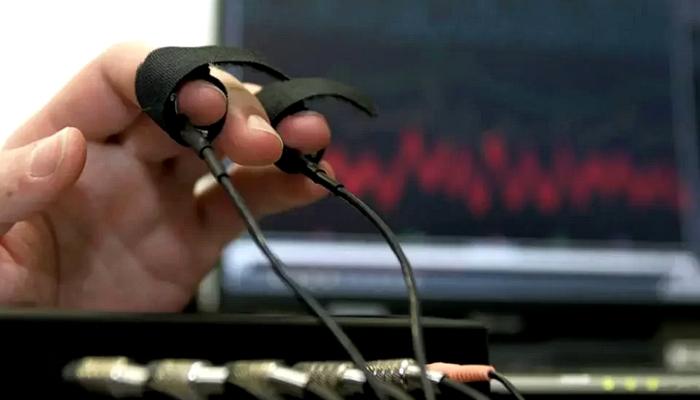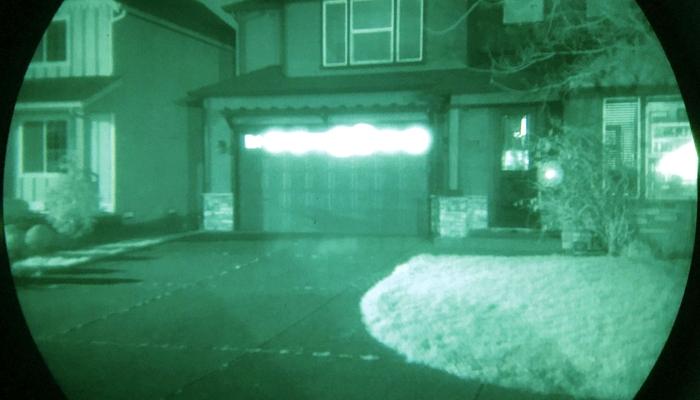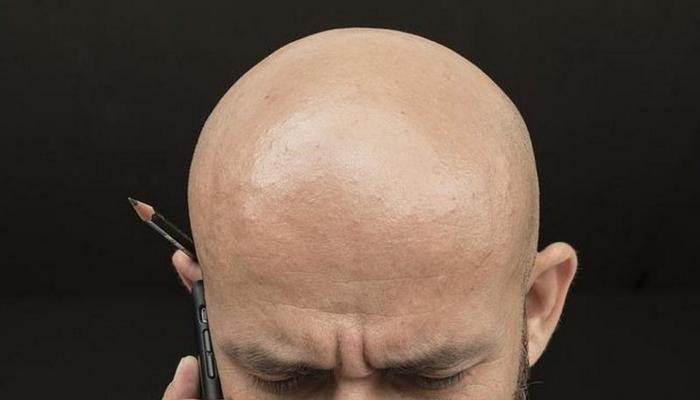Lie detector apps: Honesty test on your cell phone
In the digital age in which we live, the search for tools that help us identify the veracity of information has become a pressing need.
With the spread of fake news and the growing importance of reliable information, lie detector apps have gained prominence as allies in the search for truth. But given the abundance of options available, the question arises: what are the best lie detector apps?
In this article, we’ll explore five of the top tools available, highlighting their features and functionality to help you make an informed choice.
In this article you will find:What are the best lie detector apps?
The five best lie detector apps are:
- TruthFinder
- Lie Detector Test Prank
- Veracity – Fact-Check & Fake News Detector
- Rekall: Lie Detector
- Truster: Lie Detector
1. TruthFinder
TruthFinder is an app that focuses on researching background information about people.
Although it is not a lie detector in the traditional sense, it provides a wide range of information about individuals, including criminal history, marriage records, contact details and more. It is useful for verifying the authenticity of someone’s personal information.
2. Lie Detector Test Prank
This app is more about entertainment than serious truth checking.
It allows users to prank friends and family by simulating a lie detector test. However, its results should not be considered accurate.
3. Veracity – Fact-Check & Fake News Detector
Veracity is a useful tool for checking the veracity of online news and information.
It uses algorithms to analyze content and provide assessments on the trustworthiness of news sources and articles. It is a valuable tool to combat the spread of fake news.
4. Rekall: Lie Detector
Rekall is an application that uses body language analysis and detection of facial microexpressions to assess a person’s sincerity during a conversation.
It is more aimed at situations where you want to assess someone’s honesty during a live interaction.
5. Truster: Lie Detector
Truster is another lie detector test app for entertainment. It allows users to ask questions and analyzes the answers to determine whether the person is lying or telling the truth.
Just like the Lie Detector Test Prank, its results should be interpreted with caution as they are primarily intended for fun.
Pros and Cons
When considering using lie detector apps, it’s important to weigh the pros and cons:
Pros:
- Accessibility: They are easily accessible and can be used on mobile devices.
- Speed: They offer almost instantaneous results, allowing you to verify the veracity of the information in real time.
- Body language sensitivity: Some apps use body language analysis to increase accuracy.
- Entertainment: They can be used for fun and games.
- Education: Contribute to raising awareness about the importance of accurate information.
Cons:
- Accuracy Limitations: The effectiveness of these apps may vary and they do not guarantee 100% accurate results.
- Lack of context: They do not take into account the context of the statements, which can lead to false positives.
- Technological dependence: Excessive reliance on these applications can replace critical thinking.
- Vulnerability to trickery: Can be deceived by people skilled in deception.
- Ethical issues: Invasion of privacy and misuse of these tools can raise ethical concerns.
Are lie detector apps reliable?
The reliability of lie detector apps is a complex topic. While these tools can offer interesting insights, it’s important to remember that they are not infallible. Reliability depends on several factors, such as the quality of the software, the accuracy of the sensors and the user’s ability to interpret the results.
It is essential to understand that lie detector apps are most often intended for entertainment and awareness purposes. Using them as the only basis for making important decisions can be risky. Therefore, it is crucial to maintain a critical sense and seek additional sources of information whenever the veracity of something is in question.
Our opinion
Ultimately, lie detector apps can be useful tools to encourage reflection on the importance of the veracity of information in a world saturated with news and data. However, they should not be considered infallible judges of the truth.
For serious decisions and accurate evaluation of information, it is essential to resort to more solid and reliable methods, such as independent research and verification of sources. Lie detector apps can be fun and educational, but ultimate reliability still lies in human discernment.










